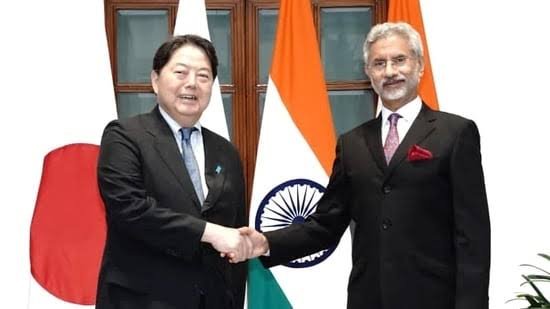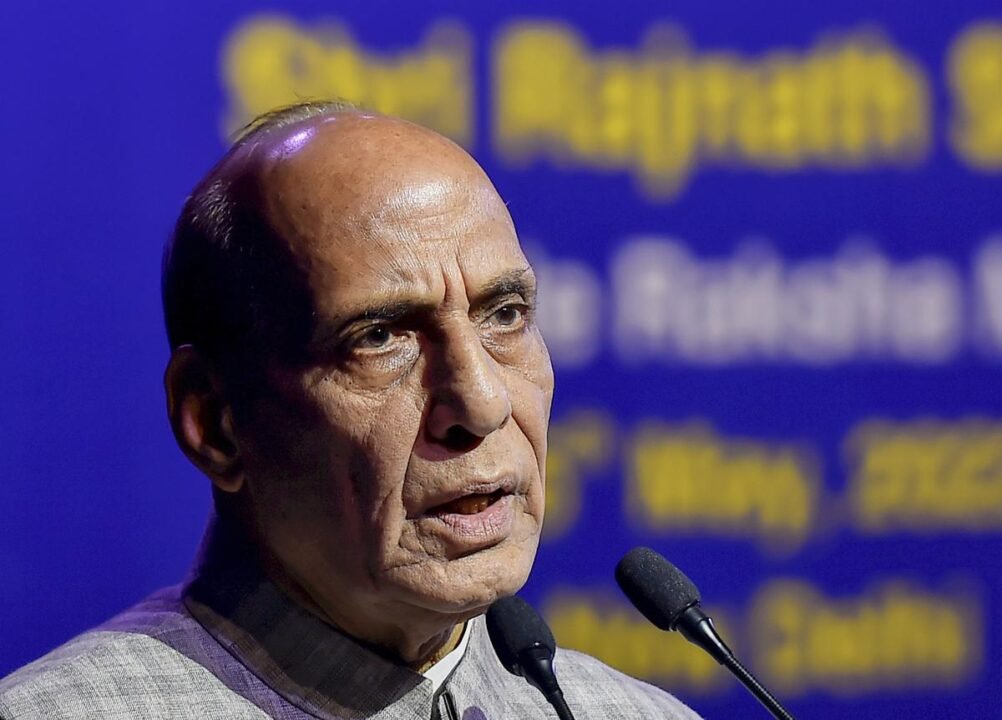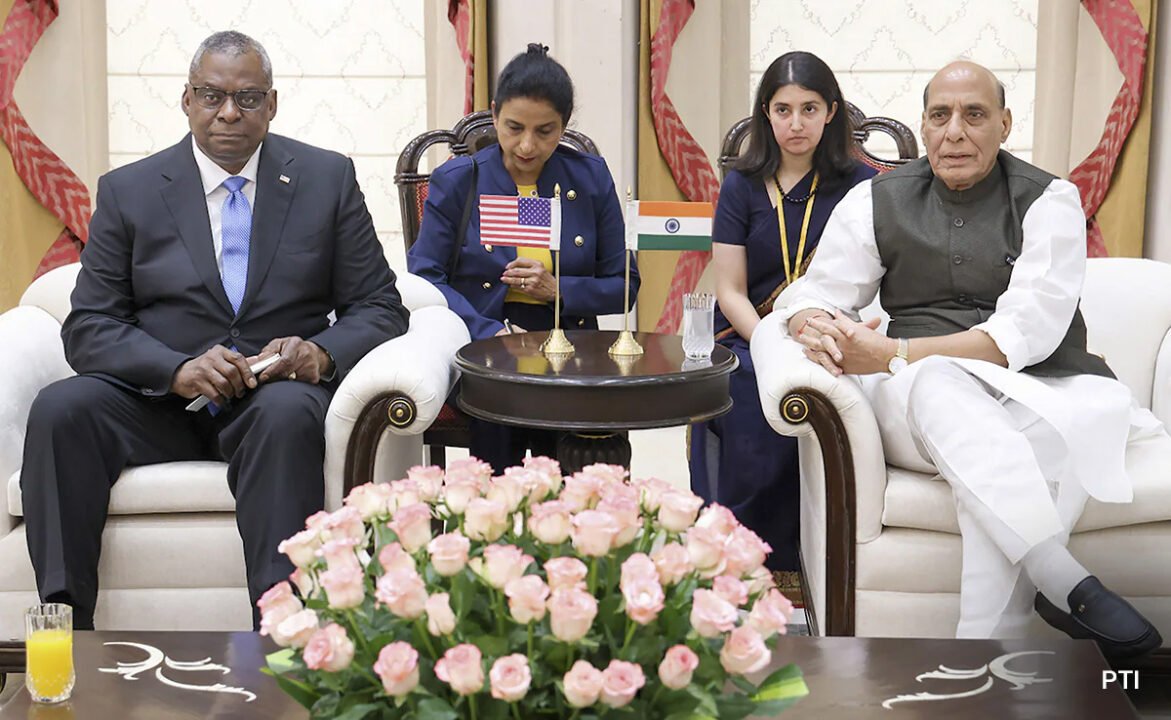NEW DELHI, July 28 (PTI): India is an “indispensable” partner in achieving a free and open Indo-Pacific and Japan intends to deepen cooperation with New Delhi in all areas to expand the special strategic and global partnership between the two sides, Japanese foreign minister Yoshimasa Hayashi said on Friday.
Complimenting India’s focus on the Global South, Hayashi said the call for upholding the free and rules-based international order may sound like a mere slogan unless there is adequate commitment to addressing the challenges facing the developing countries.
The Japanese foreign minister, presently on a two-day visit to Delhi, was speaking at the India-Japan Forum, convened by Ananta Centre and the Ministry of External Affairs (MEA).
Hayashi said there has been progress on India-Japan initiatives in new sectors, such as cyber and space, adding that discussions towards the realisation of “substantial cooperation” in the areas of defence equipment and technology are underway.
“At a time when there are many pressing challenges, including Russia’s aggression against Ukraine, Japan and India fully share the necessity to lead the world to cooperation, rather than to division and confrontation,” Hayashi said in the presence of external affairs minister S Jaishankar.
“The free and open international order based on the rule of law is key to realising such a world,” he said in comments that came against the backdrop of the Russian invasion of Ukraine and China’s growing military muscle-flexing in the Indo-Pacific region.
Elaborating on the concept, Hayashi said “free” means each country is free to make decisions based on its own sovereignty and “open” means respect for principles, including inclusiveness, openness and diversity.
“It is vital that we refrain from imposing values or excluding certain countries. This concept is especially crucial for smaller countries. In coordination with India, Japan intends to materialise such a concept through realising a ‘Free and Open Indo-Pacific’ or FOIP,” he said.
In his comments, Jaishankar described Japan as India’s natural partner.
In March, Japanese Prime Minister Fumio Kishida announced Tokyo’s new plan for an FOIP in New Delhi.
“This fact itself is a reflection of the critical importance Japan places on India, as your nation is an indispensable partner in achieving FOIP, a Free and Open Indo-Pacific,” Hayashi said.
Referring to the G7 summit in Hiroshima in May, he said the leaders of the grouping and invited countries, including India and Ukraine, agreed that unilateral attempts to change the status quo by force cannot be tolerated anywhere in the world.
The Japanese foreign minister said Japan’s FOIP makes it clear that South Asia is one of the key regions.
On India’s G20 presidency, Hayashi said Tokyo is very much eager to continue working hand-in-hand with India towards the success of the New Delhi summit of the grouping in September.
“The theme of India’s G20 presidency is ‘One Earth — One Family — One Future’. Prime Minister (Narendra) Modi, in explaining the meaning of this theme, stated that we need to break away from zero-sum thinking and called for harmony among humankind as well as with planet earth,” he said.
“The meaning of G20’s theme is in line with the principles of Japan’s FOIP, which strives for fostering cooperation at a time of deepening division and confrontation,” the Japanese foreign minister noted.
“We look forward to continuing to work side by side with India in the spirit of harmony and cooperation for a better future of the region and beyond,” he said.
Delving into the bilateral economic engagement, Hayashi said Japan has been encouraging its companies to increase investment in India.
“For example, Prime Minister Kishida set the 5-trillion-yen target of public and private investment and financing from Japan to India in the next five years from 2022,” he said.
“At the same time, we will work together with the Indian government to effectively address the difficulties that Japanese companies face in the Indian market,” he added.
Hayashi also talked about Japan last month revising its “Development Cooperation Charter” that he said is Tokyo’s basic document on development cooperation.
“The new charter will enable Japan to better address the development challenges we face, including food and energy, climate change and digital transformation,” he said.
“Under this revised charter, we will continue to undertake efforts to build quality infrastructure in India, including high-speed rail and urban transportation,” Hayashi added.
On the high-speed Indo-Japan bullet train project between Mumbai and Ahmedabad, the Japanese foreign minister said it is expected to improve the efficiency of transportation as well as promote economic development.
“We truly hope that the completion of this high-speed rail will enable India to achieve further economic growth,” he said.












